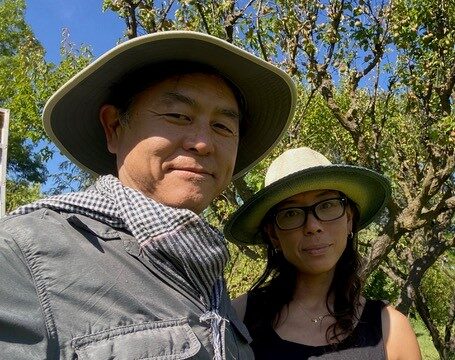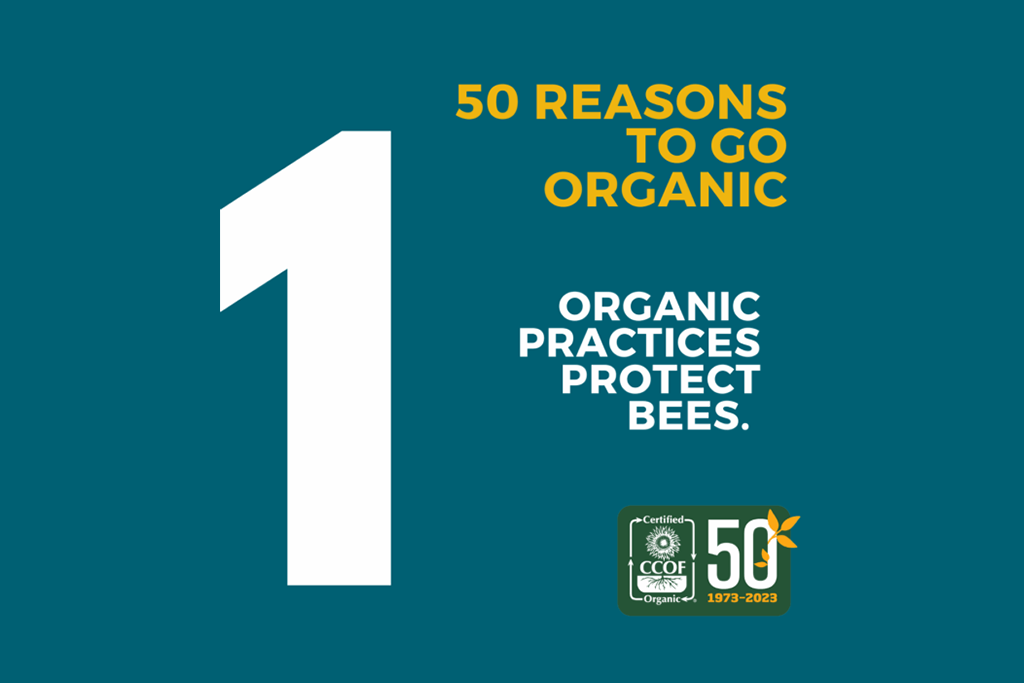 Click image to enlarge
Click image to enlargeJapan recently published information about a new export option that is expected to benefit CCOF clients and open up new trade opportunities. Under the new system, U.S. operators can work with Japanese importers to gain the ability to apply the JAS Seal to USDA NOP-certified products in the United States. This allowance will likely not only simplify import procedures but also support the development of multi-ingredient and retail products.
Background
The Japanese Ministry of Agriculture, Forestry, and Fisheries (MAFF) implemented the Japanese Agricultural Standard (JAS) organic law in 2004. As with other sections of JAS law, a specific JAS seal was required to appear on all organic items and could only be applied by qualified personnel within JAS organic certified companies. Any company applying the JAS seal had to be certified by a MAFF accredited certifier to the JAS standard. This made the existing production of retail products and expansion of additional products with pre-printed labels challenging. Later, MAFF signed an equivalency arrangement with the USDA that allowed JAS certified importers to apply the JAS seal to incoming products produced without certain inputs and requiring the use of a specific (TM-11) export document. This has supported limited trade with Japan, but because re-stickering with the JAS seal was required upon entry, it was mostly useful for single ingredient and bulk agricultural products such as nuts, raisins, etc.
The ability to apply the JAS seal is important as the JAS seal is an indicator of quality and standards compliance in Japan. Products with the JAS seal are more readily recognized and accepted in the Japanese market.
Recent Developments
In April, MAFF announced a new system that allows U.S. exporters to sign special subcontract agreements with their importer to allow the use of the JAS seal in the United States. Under this system the American company must identify a responsible employee, undergo some minor training, and maintain records of JAS seals applied to products and JAS labeled products shipped to Japan. This model has some limitations, such as needing to use a seal specific to the name of each importer’s certifier, but should support the production of retail goods with a pre-printed JAS seal, effectively opening up the market for U.S. NOP-certified goods. The allowance of a foreign company to apply the JAS seal is a noteworthy departure from existing Japanese food law systems that signals support for increased organic trade.
CCOF is actively working with the USDA and Japanese certifiers to support implementation of this system. We have developed a variety of tools to explain the process and can work with you and your importer.
If you currently maintain standalone JAS certification, please contact us so we can explore use of this simpler and less expensive option.

